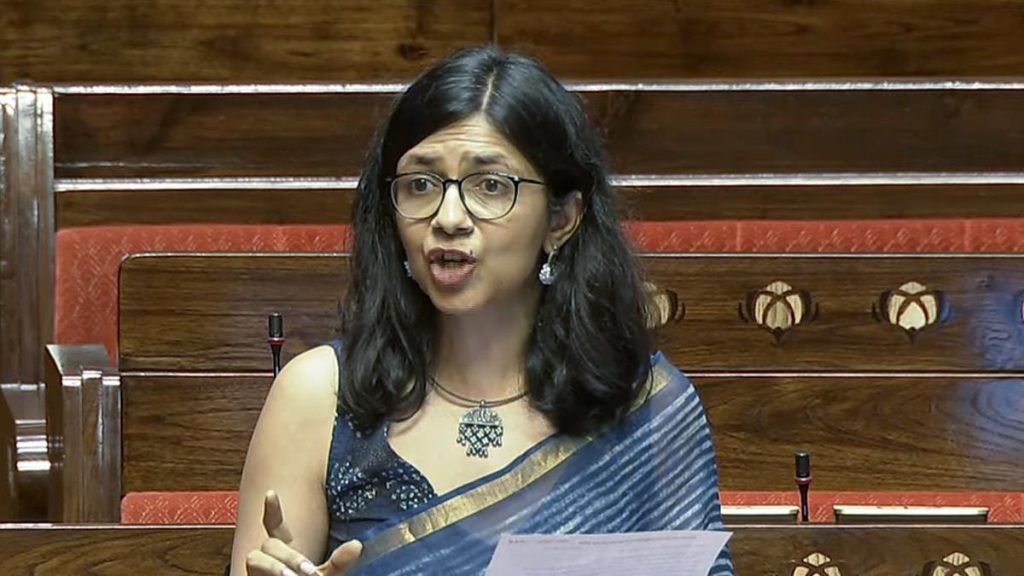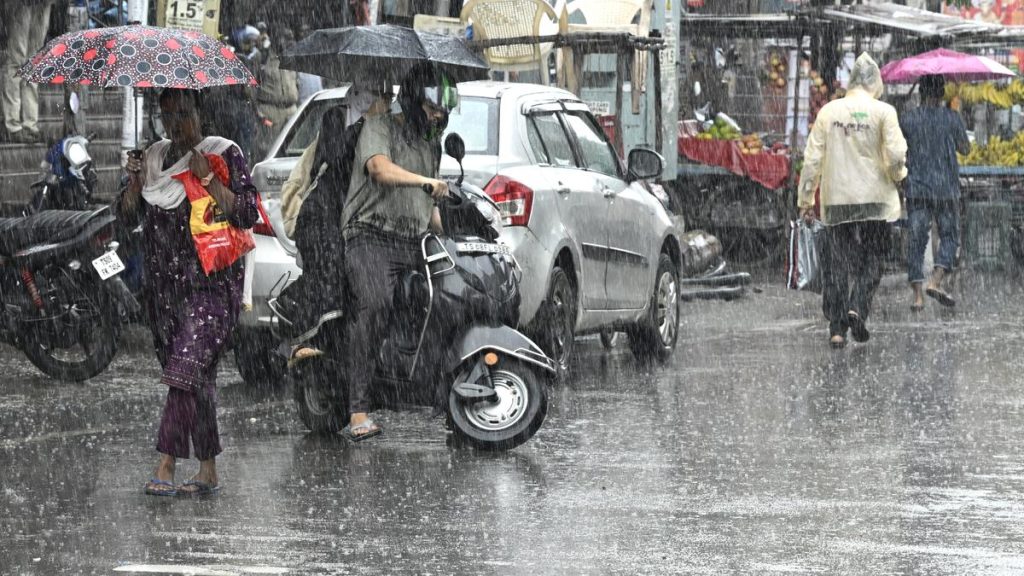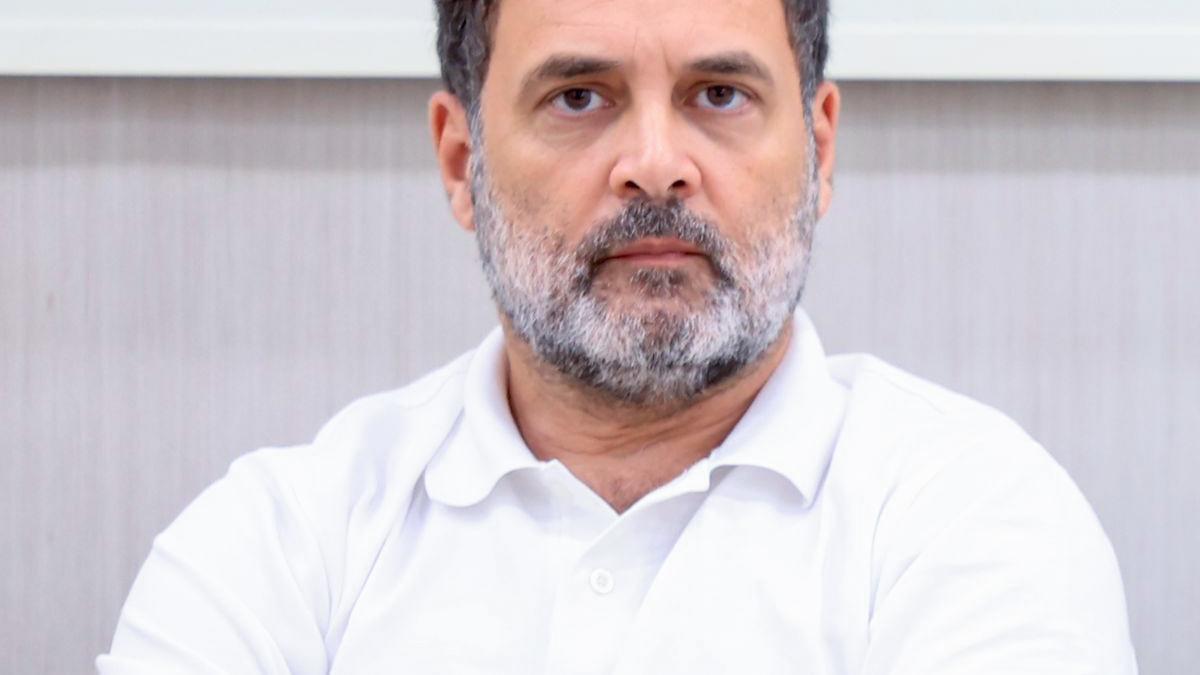Now Reading: Bombay High Court: Aadhaar, Voter ID Not Proof of Citizenship in Bail Plea Rejection
-
01
Bombay High Court: Aadhaar, Voter ID Not Proof of Citizenship in Bail Plea Rejection
Bombay High Court: Aadhaar, Voter ID Not Proof of Citizenship in Bail Plea Rejection
Quick Summary
- The Bombay High Court rejected bail for Babu Abdul Ruf Sardar,accused of illegally entering India from Bangladesh and forging Indian identity documents.
- Justice Amit Borkar stated that Indian citizenship cannot solely rely on documents like Aadhaar, PAN card, or Voter ID; the Citizenship Act, 1955 governs nationality questions.
- Charges against mr. Sardar include various offences under the Bharatiya Nyaya Sanhita (2023), Passport (Entry into India) Act (1950), and Foreigners Order (1948).
- prosecution presented digital evidence suggesting Bangladeshi origin and warned of possible links to a larger immigration fraud network.
- Defense argued Mr. Sardar is a bona fide Indian citizen with multiple valid IDs; claimed WhatsApp-sent birth certificates were unverified.
- Verification of his documents is still pending with authorities; the court ruled releasing him could risk absconding or interfering with investigations.
- Bail application dismissed but he may renew it if his trial exceeds one year.
Indian Opinion Analysis
the case underscores the critical importance of robust legal frameworks in tackling immigration-related issues in India. By upholding strict adherence to the citizenship Act’s provisions, the Bombay High Court highlights national security as a priority when dealing with fraudulent identity claims and illegal entry cases. This approach safeguards integral systems such as UIDAI from misuse while demonstrating an evolving vigilance toward organized networks exploiting legal loopholes.
While Mr. Sardar’s defence pointed out gaps in evidence verification-raising valid procedural concerns-the court’s emphasis on thorough examination reflects India’s growing emphasis on due process over expediency as well as its deterrence stance regarding potential absconders or tamperers during trials.The ruling potentially sets precedence for similar cases involving cross-border migration risks alongside internal document fraud implications.

























